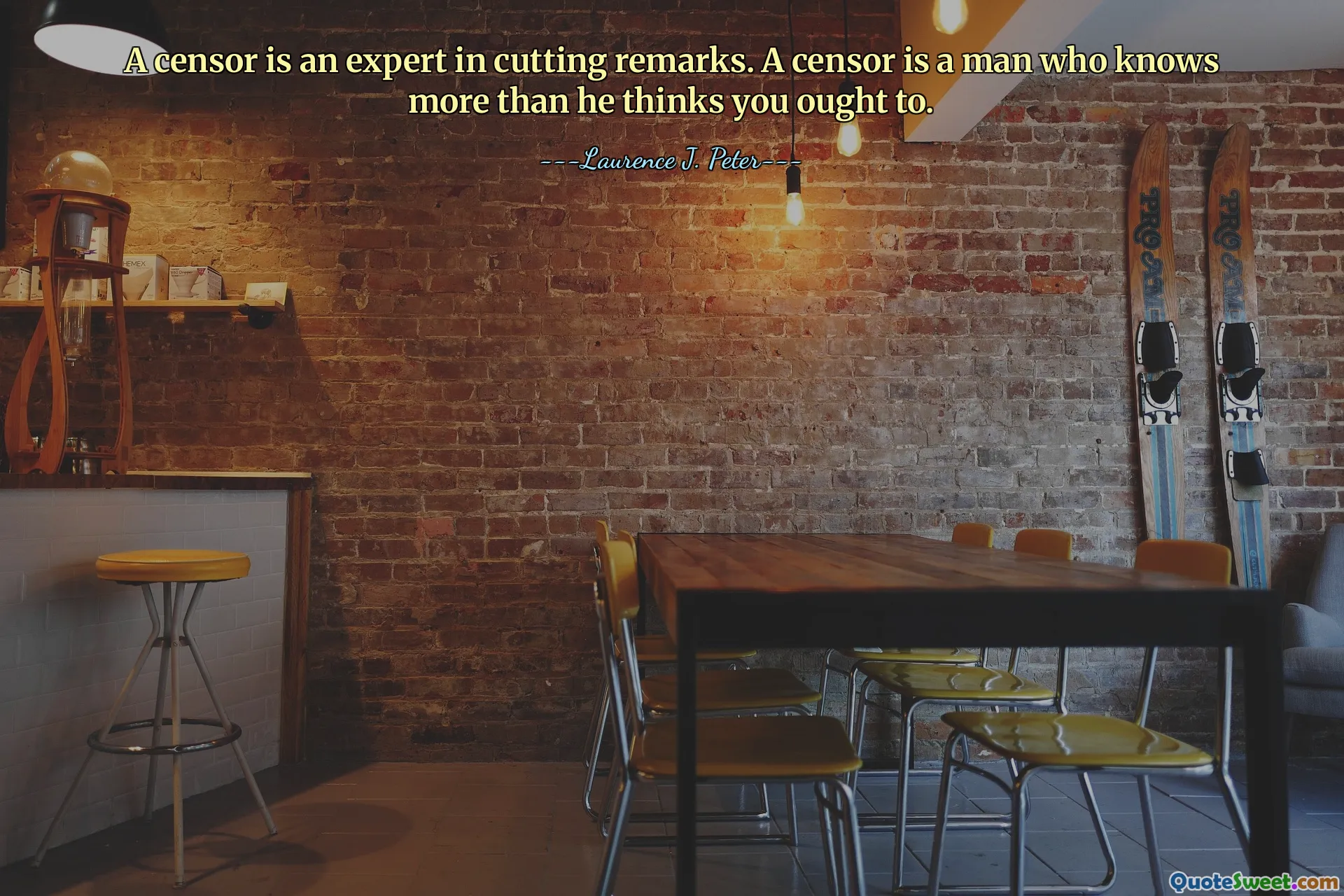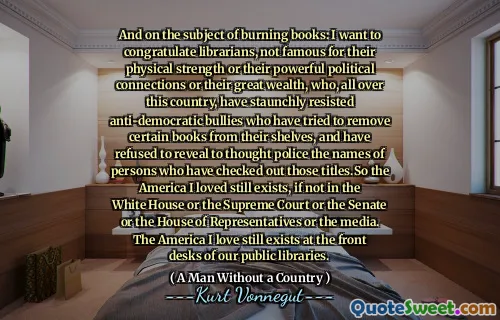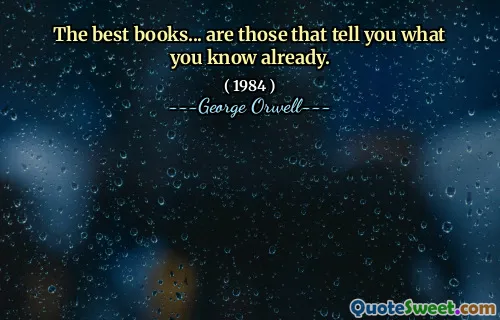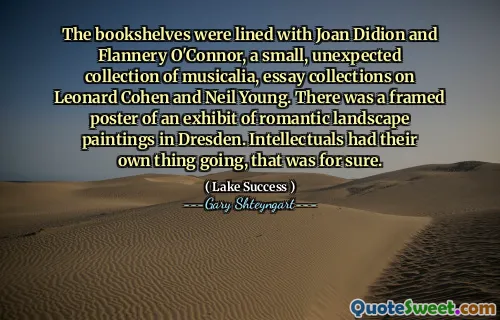
A censor is an expert in cutting remarks. A censor is a man who knows more than he thinks you ought to.
This quote offers a sharp critique of censorship and those who impose it. It highlights the subtle yet powerful role of censors as individuals who selectively remove or obscure content, often under the guise of protecting or controlling information. The phrase 'expert in cutting remarks' cleverly equates censorship with rhetorical surgery, where the censor trims away parts of a message to make it acceptable or less provocative. The latter part, 'a man who knows more than he thinks you ought to,' suggests a condescension, implying that censors believe they are better equipped to judge what others should see or hear. This perspective raises questions about authority, freedom of expression, and the wisdom—or lack thereof—in attempting to regulate ideas and words for the perceived greater good. Censorship inherently involves a power imbalance, where one party assumes the right to decide for others, often stifling genuine dialogue and diverse perspectives. The quote invites reflection on the dangers of such authority, particularly in contexts where the line between necessary moderation and oppressive suppression is blurred. It encourages skepticism towards those who wield such power, reminding us that the act of censorship can sometimes reveal more about the censor's biases or insecurities than about the content being suppressed. Overall, it underscores the importance of open discourse and warns against the subtler forms of control that undermine individual autonomy and intellectual freedom.











